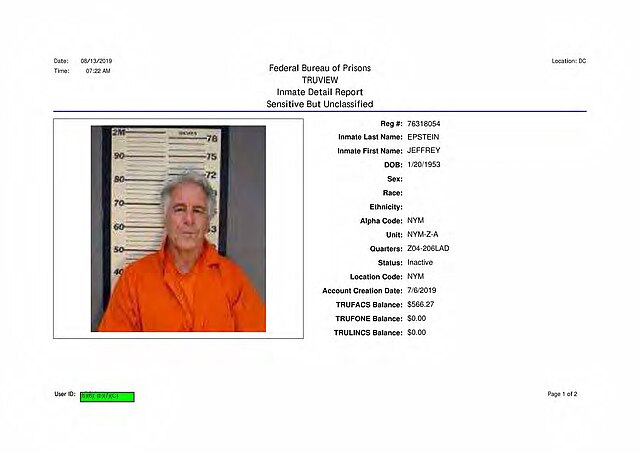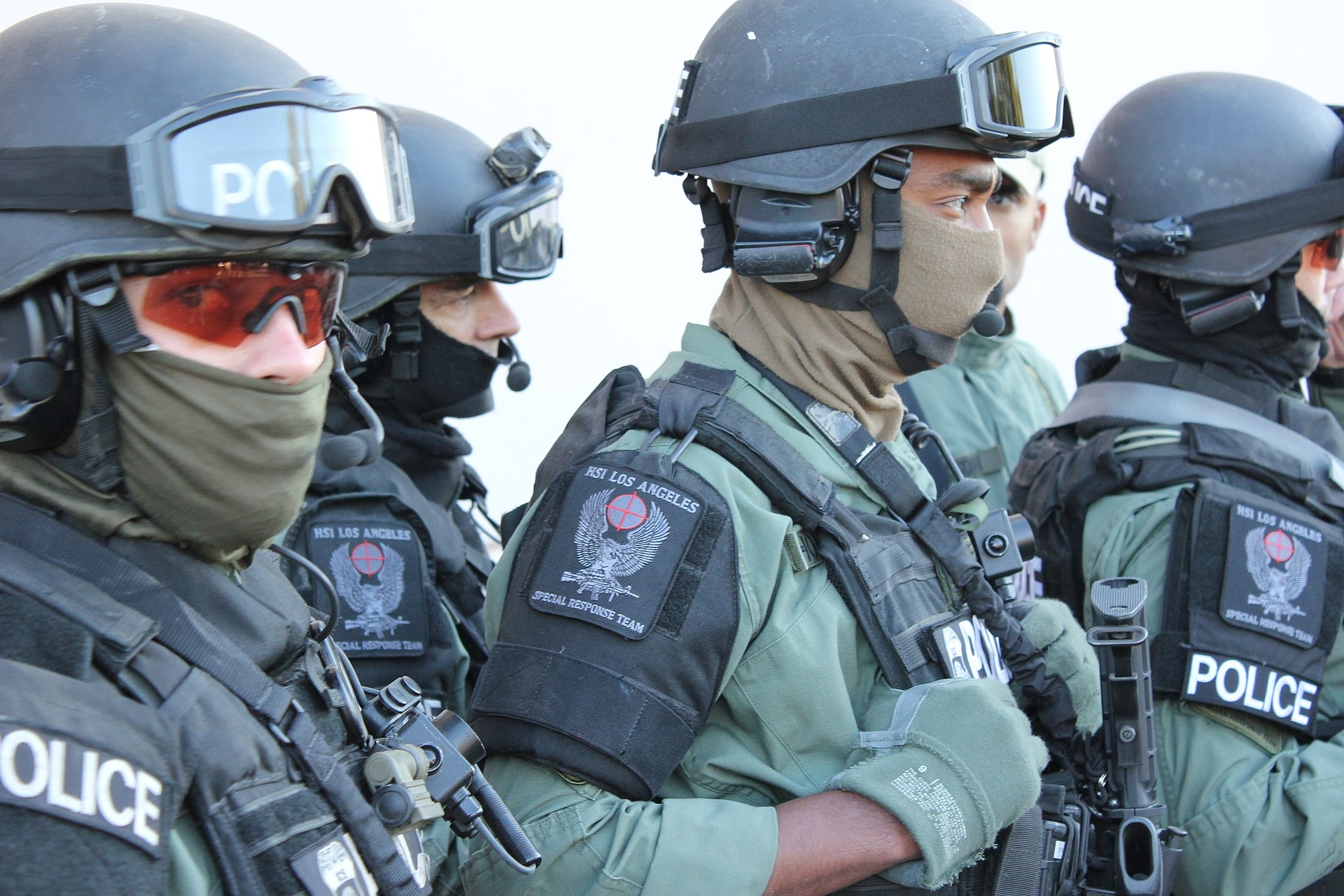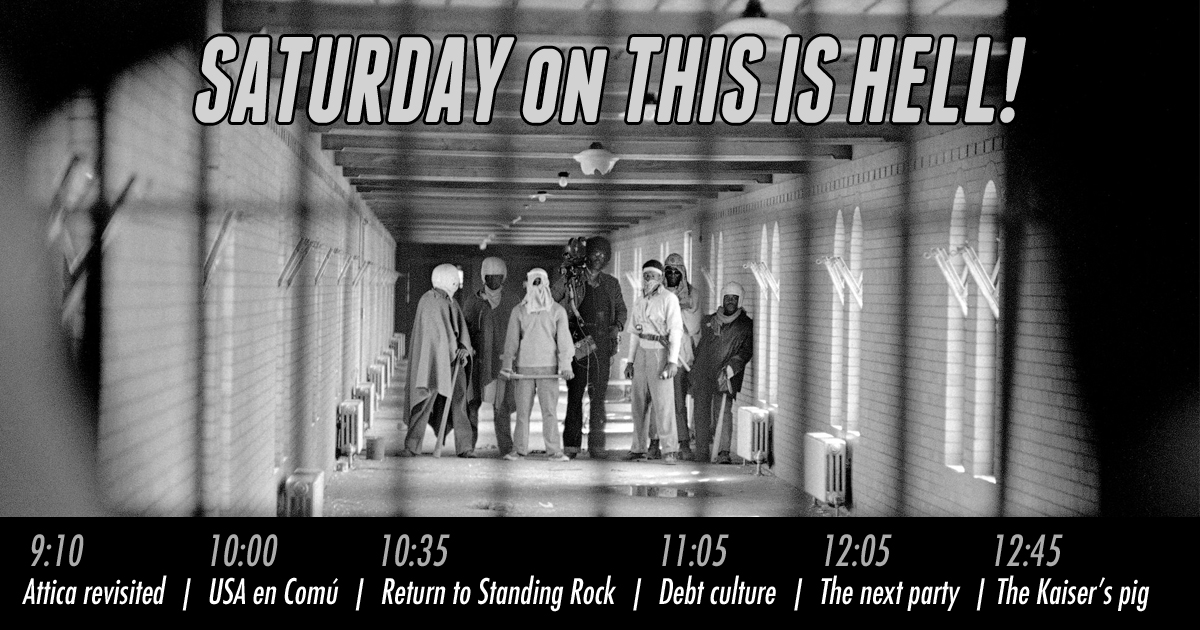On This Day in Rotten History...
In 1510 – (506 years ago) – forces of the Portuguese navy, led by the admiral Afonso de Albuquerque and assisted by local mercenaries, seized the prosperous, centuries-old port city of Goa on India’s west coast. The Portuguese, who had briefly held Goa earlier that year and then lost it to a local sultan, now retook the city in less than a day, defeating the sultan and putting large numbers of the Muslim population to death by the sword. Men, women, and children were massacred, and Albuquerque allowed his troops to spend three days sacking the city. Though the conquest took place against the wishes of the Portuguese king, it gave him an important colonial port and commercial capital which remained under Portuguese control for more than 450 years until it was finally reclaimed and annexed by India in 1961. To this day, Goa remains perhaps the most culturally European-influenced city in India, and the only one in which soccer is more popular than cricket.
In 1796 – (220 years ago) – in Caracas, Venezuela, José Leonardo Chirino, a free farmer of mixed African and indigenous blood, was hanged for the crime of leading a slave revolt in the sugar plantations of the Spanish New World colonies. Chirino had been inspired by the ongoing slave rebellion in Haiti, which would later prove successful in establishing an independent republic there. He had also been deeply affected by the ideals of the faraway French Revolution. In the eastern Veneuzelan city of Coro, he led an uprising of Congolese slaves, with the aim of expelling the Spanish and abolishing slavery and white supremacy. But when his rebellion failed, he was betrayed by an associate. The Spanish authorities executed Chirino, cut his body into pieces, put his head on public display, and sold his wife and children into slavery.
In 1907 – (109 years ago) – in the Battersea district of London, about a thousand medical students of University College and other schools staged a demonstration supporting the practice of vivisection, in which living, conscious animals were cut open, operated on for purposes of medical research and instruction, and then killed. Public passions had been aroused by the court trial of a medical lecturer who, according to witnesses, had muzzled and bound a brown terrier in his classroom, cut it open to remove internal organs, and subjected it to electric... read more
Listen live from 9AM - 1PM Central on WNUR 89.3FM / stream at www.thisishell.com / subscribe to the podcast
9:10 - Historian James Livingston explains why work isn't working for anyone but the rich.
James is the author of the new book No More Work: Why Full Employment Is a Bad Idea from UNC Press and the Aeon essay Fuck Work.
10:00 - Activist Azzurra Crispino updates us on repression and resistance during the US prison labor strike.
Azzurra last spoke to This Is Hell! on day two of the nation-wide prison work stoppage.
10:35 - Naked Capitalism's Yves Smith calls in from the wrong side of the fake news scare.
This week Yves wrote the blog post We Demand That The Washington Post Retract Its Propaganda Story Defaming Naked Capitalism and Other Sites and Issue an Apology.
11:00 - Journalist Sarah Jaffe looks to the radicalizing possibilities of protest in the Trump era.
Sarah wrote the article Why Anti-Trump Protests Matter for Rolling Stone.
11:35 - Live from Germany, Manuel Carrasco Molina reports on anti-coal actions deep in the Hambach Forest.
Manuel is a Green Party politician in Kerpen, Germany.
12:05 - Author Ashley Dawson previews the Trump administration's environmental horror show.
Ashley recently wrote Trump Eats the Planet for the Verso blog.
12:45 - In a Moment of Truth, Jeff Dorchen drops a few more good reasons to be a bad citizen.
Jeff Dorchen, classic bad boy.
On This Day in Rotten History...
In 1964 – (52 years ago) – police arrested almost eight hundred students on the campus of the University of California at Berkeley, where several thousand had occupied the central plaza and administration building to protest the university’s rules against on-campus political activity. Some activists in what became known as the Berkeley Free Speech movement had already spent the summer traveling through the South with the Freedom Riders, registering African Americans to vote. Returning to Berkeley in the fall, they tried to seek donations for more civil rights efforts, but were stymied by the university’s tight restrictions on political speech, organizing, and fund-raising. When the resulting student protests led to a sit-in of the university’s administration building, California Governor Pat Brown authorized police to move in. But despite hundreds of arrests, and despite charges later brought against the demonstrators, many Californians thought the state had been too lenient. The conservative backlash led directly to the 1966 election of Ronald Reagan as California governor, which was a crucial step in his road to the US presidency.
In 1976 – (40 years ago) – in Kingston, Jamaica, reggae singer Bob Marley and members of his household were seriously wounded by three would-be assassins who invaded his home, shot up the place, and hurried away, never to be found. An upcoming national election had given rise to street violence between rival factions loyal to parties led by the socialist prime minister, Michael Manley, and the US-backed opposition leader, Edward Seaga. Marley was scheduled to perform two days later at a free outdoor concert — and while it was billed as a politically neutral event, he was widely perceived as backing Manley and the socialists. Though the bullet in his arm left him unable to play guitar, he could still sing, and in defiance of the death threat he surprised his fans by performing the full concert with his band. But he fled to the UK soon afterward, and within a year he was diagnosed with a malignant tumor under his toenail, which would eventually spread cancer throughout his body and cause his death in 1981 at the age of thirty-six.
In 1984 – (32 years ago) – in Bhopal, India, a city of more than two million people, a high-pressure gas leak occurring in the middle of the night at a Union Carbide... read more
Listen live from 9AM - 1PM Central on WNUR 89.3FM / stream at www.thisishell.com / subscribe to the podcast
9:10 - Historian Heather Ann Thompson revisits the Attica prison uprising of 1971.
Heather is author of the book Blood in the Water: The Attica Prison Uprising of 1971 and Its Legacy from Pantheon.
10:00 - Kate Shea Baird and Steve Hughes tour the radical politics of Spain's rebel cities.
Kate and Steve wrote the article America needs a network of rebel cities to stand up to Trump at Medium.
10:35 - Sarah Jumping Eagle reports from the frontlines of the #NoDAPL fight at Standing Rock.
Sarah will be updating us on the struggle for water and land she last talked about with us in September.
11:05 - Author Annie McClanahan explores debt's influence on 21st century American culture.
Annie is author of Dead Pledges Debt, Crisis, and Twenty-First-Century Culture from Stanford University Press.
12:05 - Jacobin editor Seth Ackerman sketches the blueprints for a working class political party.
Seth wrote the article A Blueprint for a New Party in the latest issue of Jacobin.
12:45 - Jeff Dorchen hearkens back to the days when dressing a pig up as the Kaiser was a big deal.
I don't know enough about pigs or German history to understand what this means, sorry reader.







